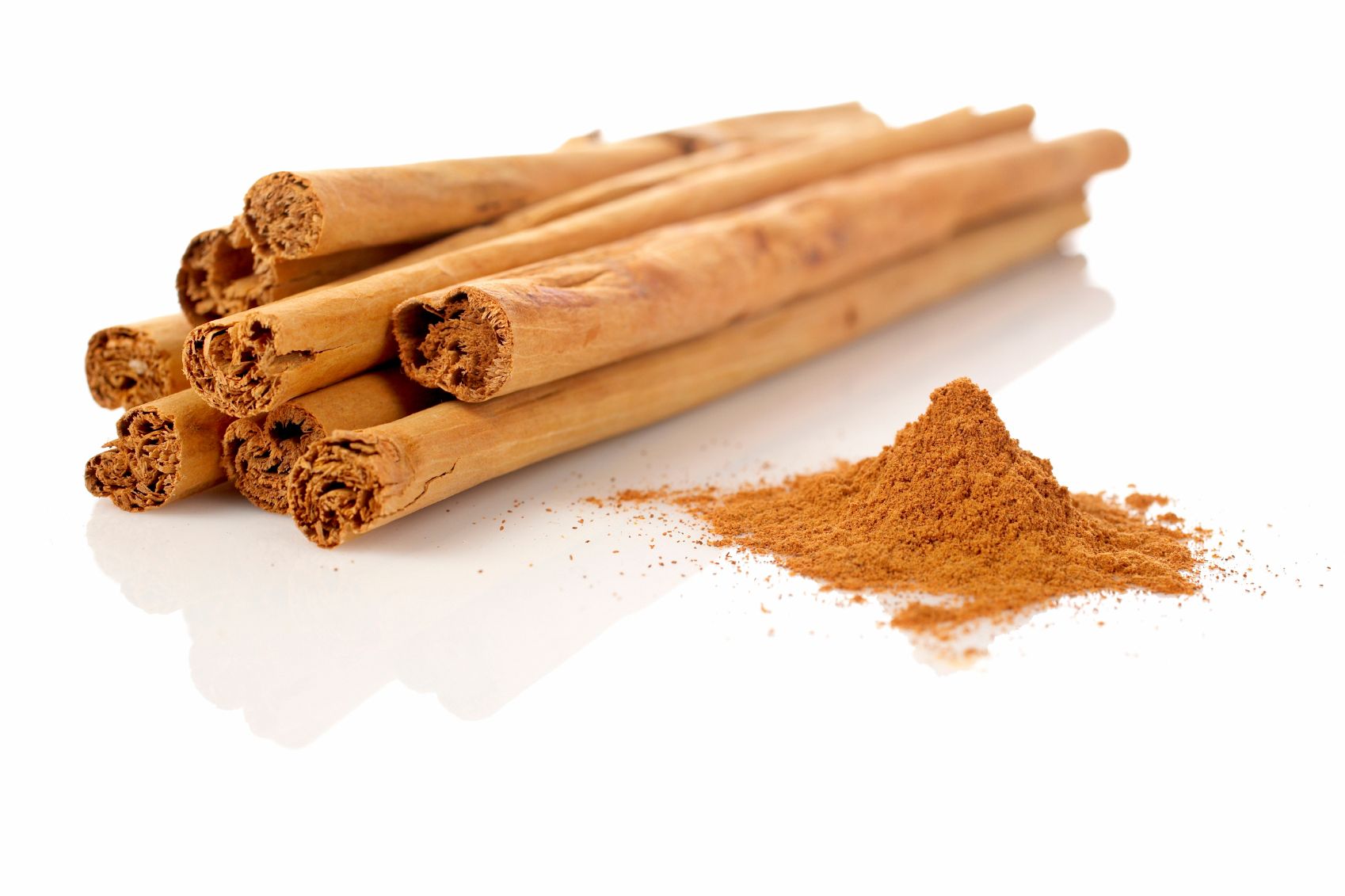Potential Toxin Present in Many Cinnamon Products
Coumarin may be present in most cinnamon powders, cinnamon supplements, and cinnamon-flavored products.

Coumarin, as an additive and extract from tonka beans, was banned from U.S. food use back in 1954 because of potential toxicity in animals. But the substance, once used as a flavoring agent, isn’t regulated in cinnamon. New findings suggest that coumarin presence is pervasive in conventional cinnamon sources, and that raises concern for the safety of cinnamon, cinnamon supplements, and cinnamon-flavored products.
University of Mississippi researchers have found that while “true cinnamon” (Cinnamomum verum) from Sri Lanka may not be high in coumarin, its relatives C. cassia, C. loureiroi, and C. burmannii may offer potentially substantial amounts. Commonly known as cassia cinnamon, these cheaper cinnamons make up more than 90% of the cinnamon imported to Europe, the United States, and Canada. These same researchers tested 44 samples of cinnamon products-from barks and capsule powders to toothpastes and pastries-and found a wide variety of coumarin content. In cinnamon dietary supplements, which are often marketed for glucose and lipid control, samples contained as much as 3.9 mg of coumarin per daily serving.
“In some cases, children who consume cinnamon-flavored food and people who take cinnamon capsules could exceed the total dietary intake established by the EFSA,” wrote the researchers.
Because more than 90% of U.S. cinnamon imports come from Indonesia, the researchers presume that C. burmannii makes up a majority of local cinnamon consumption-and at heightened risk of coumarin exposure. Research on coumarin toxicity isn’t totally clear, but certain people appear to have sensitivity to it and numerous national health bodies are concerned enough to have limits on its intake.
The Nutritional Outlook Podcast Episode 36: Best of the Industry Service Provider, Radicle Science
December 26th 2024Nutritional Outlook's managing editor, Sebastian Krawiec, interviews Radicle Science co-founders, Pelin Thorogood and Jeff Chen, MD. Radicle Science has been selected as this year's Best of the Industry, Service Provider.